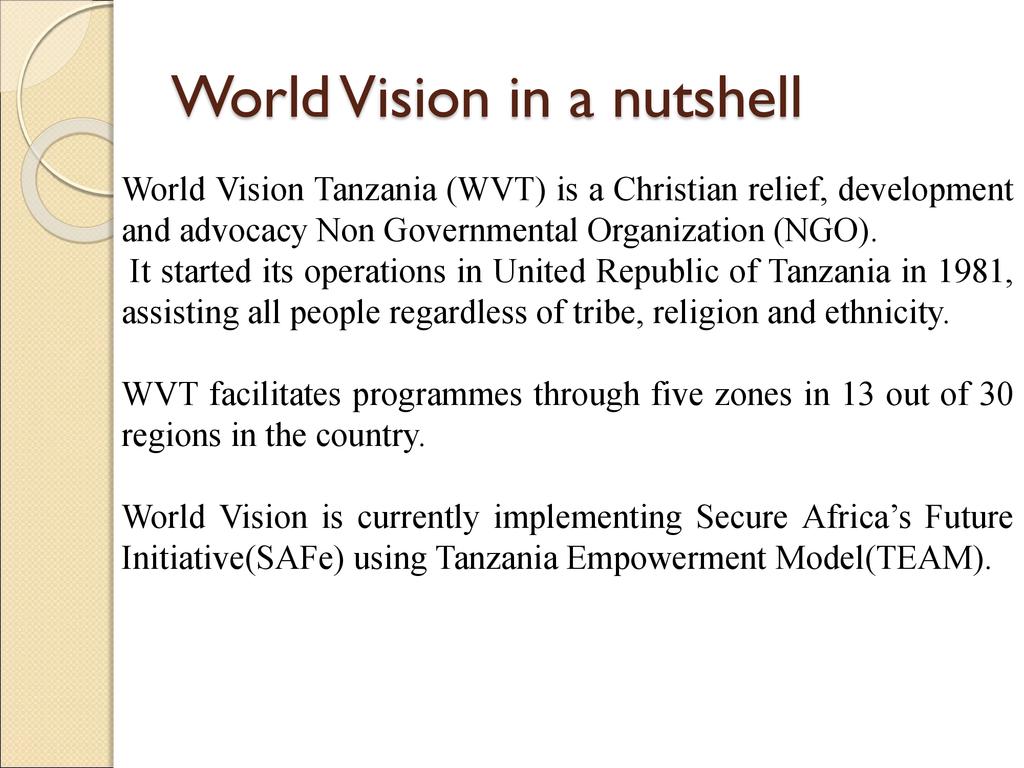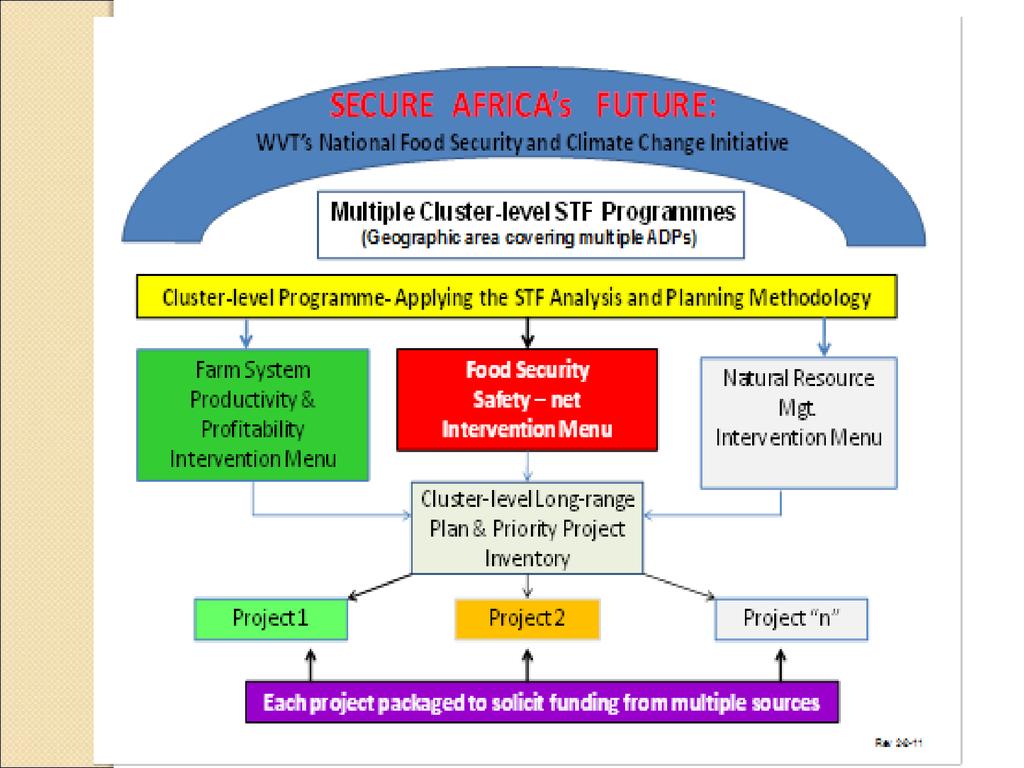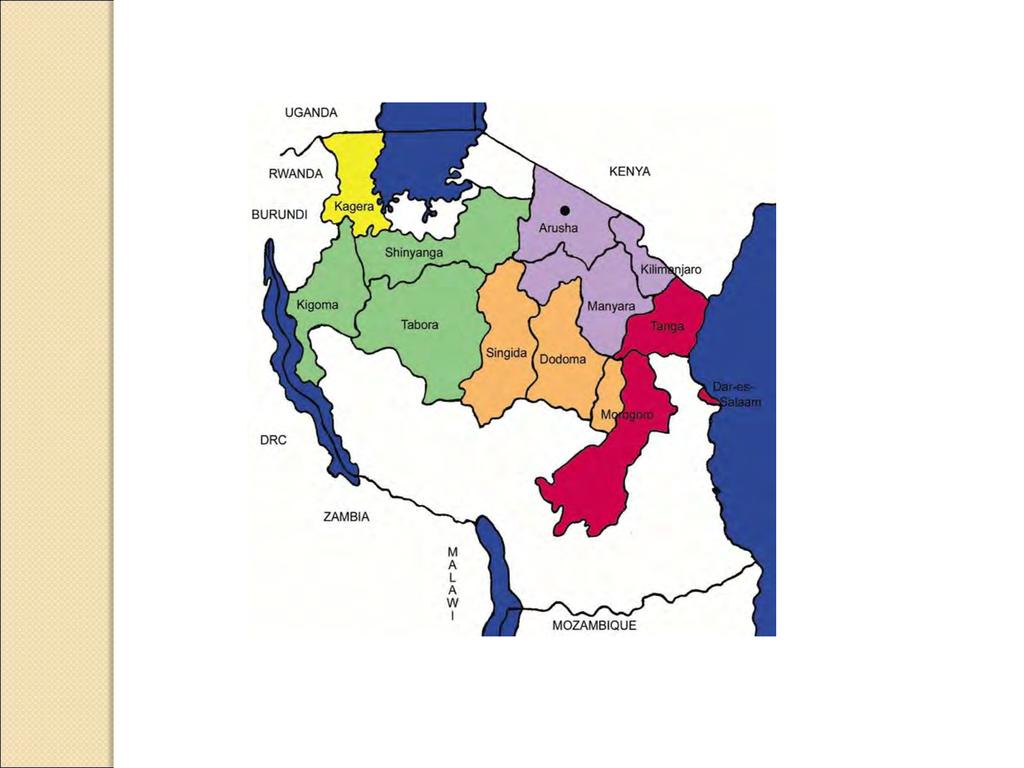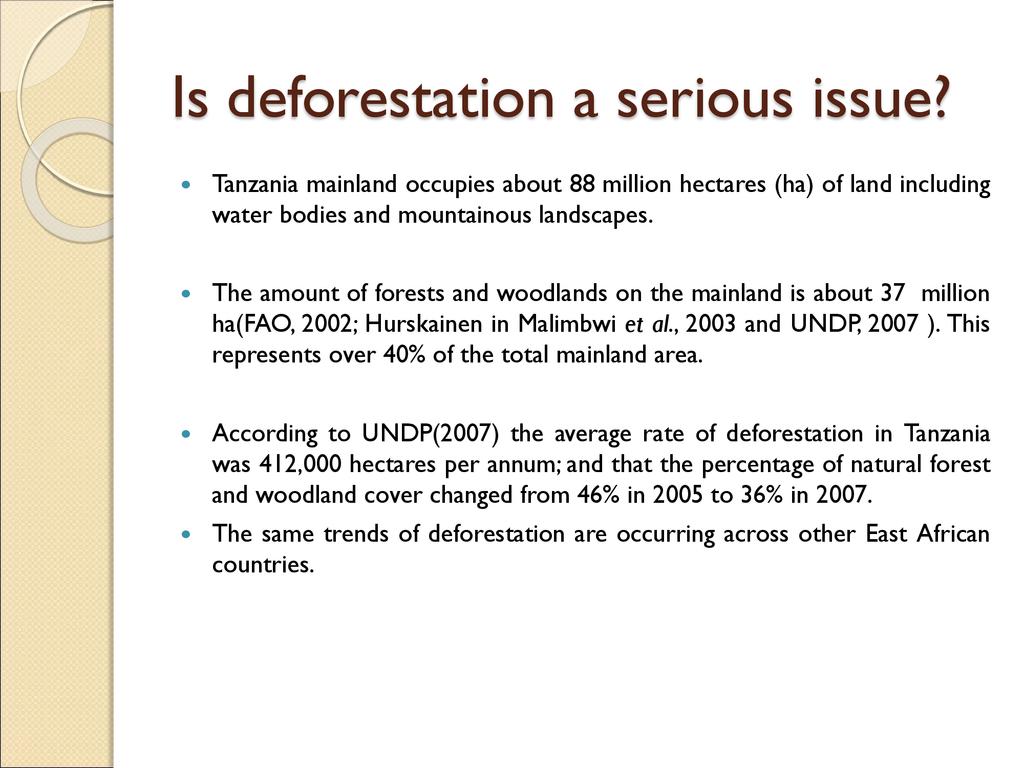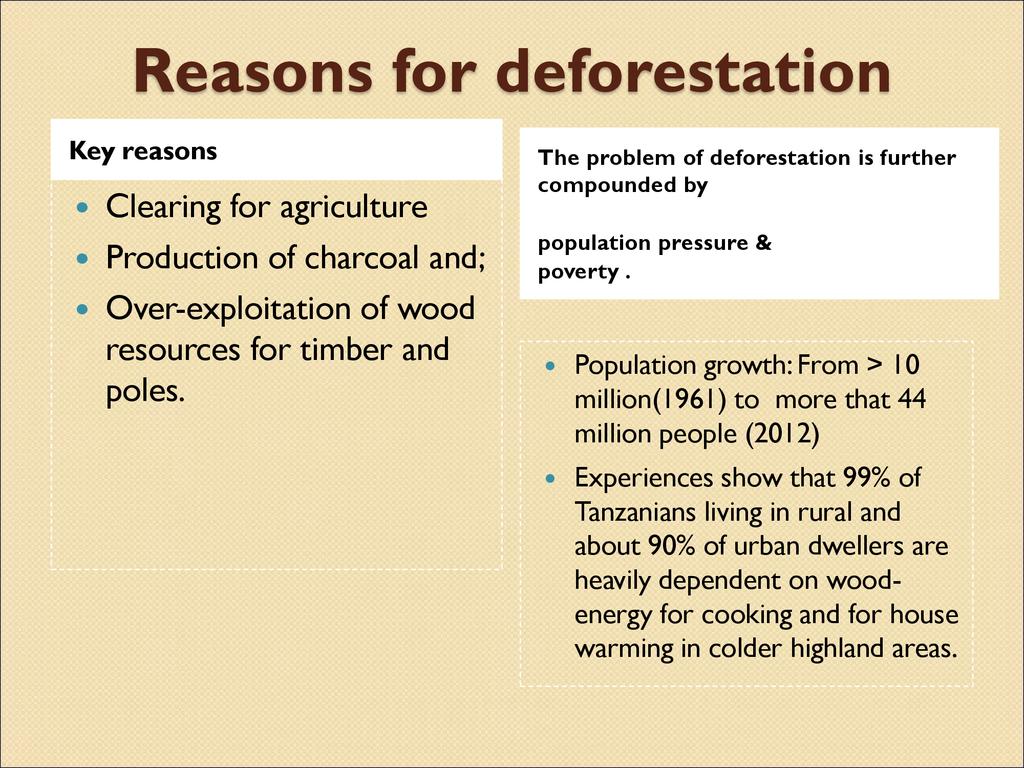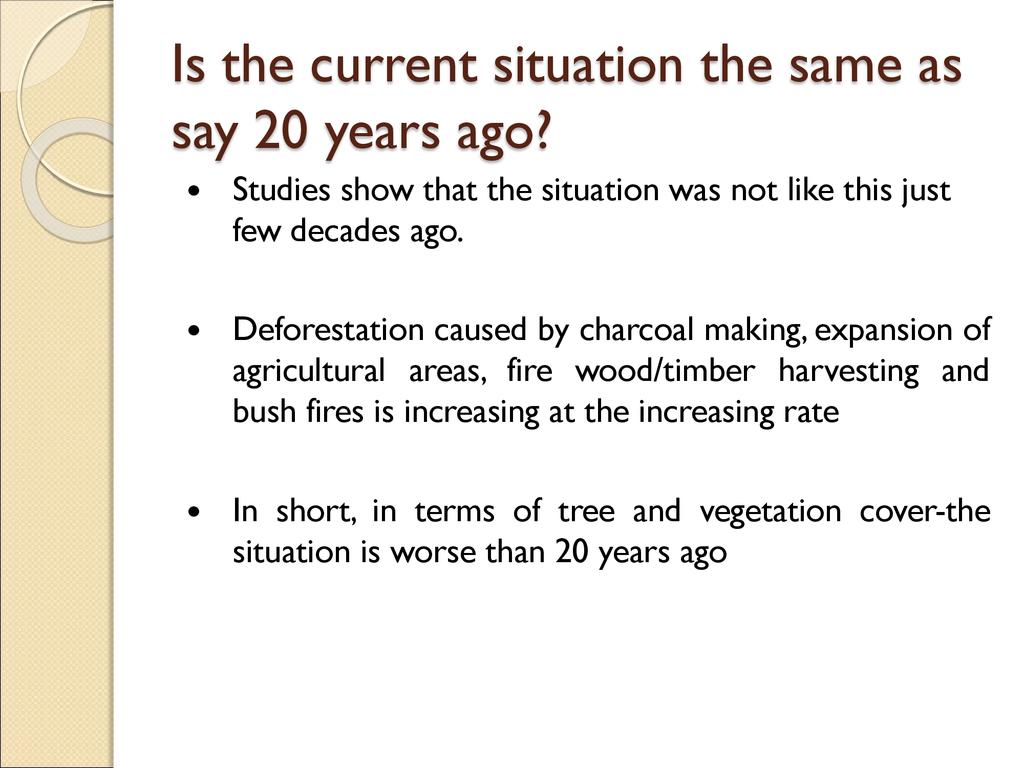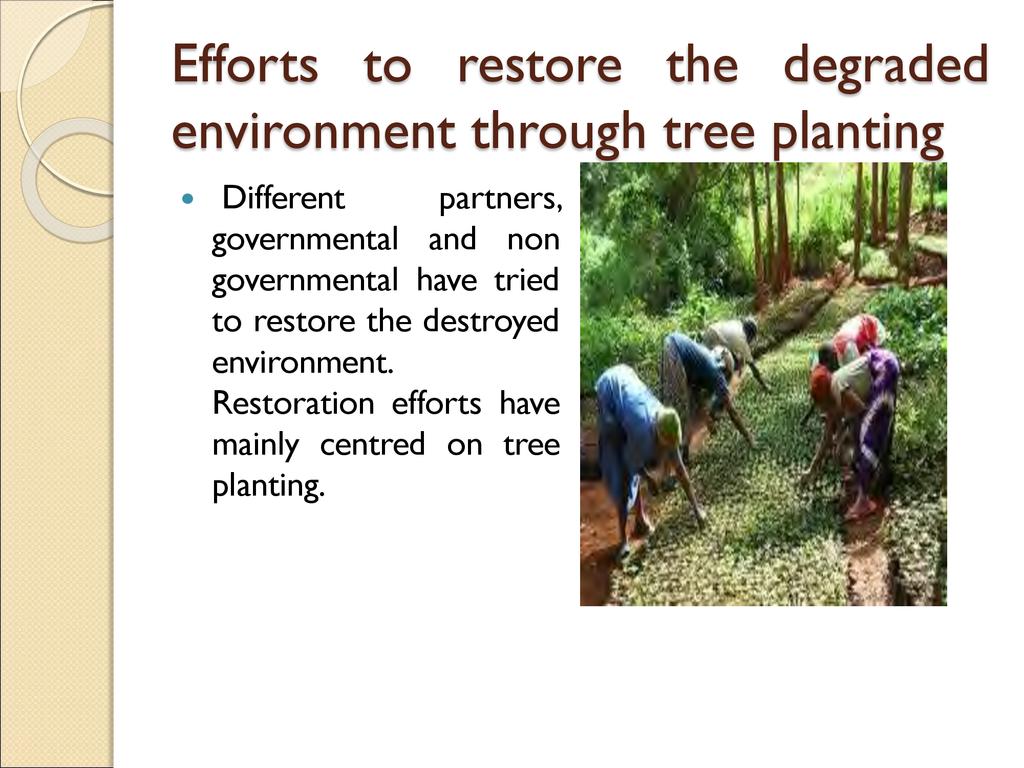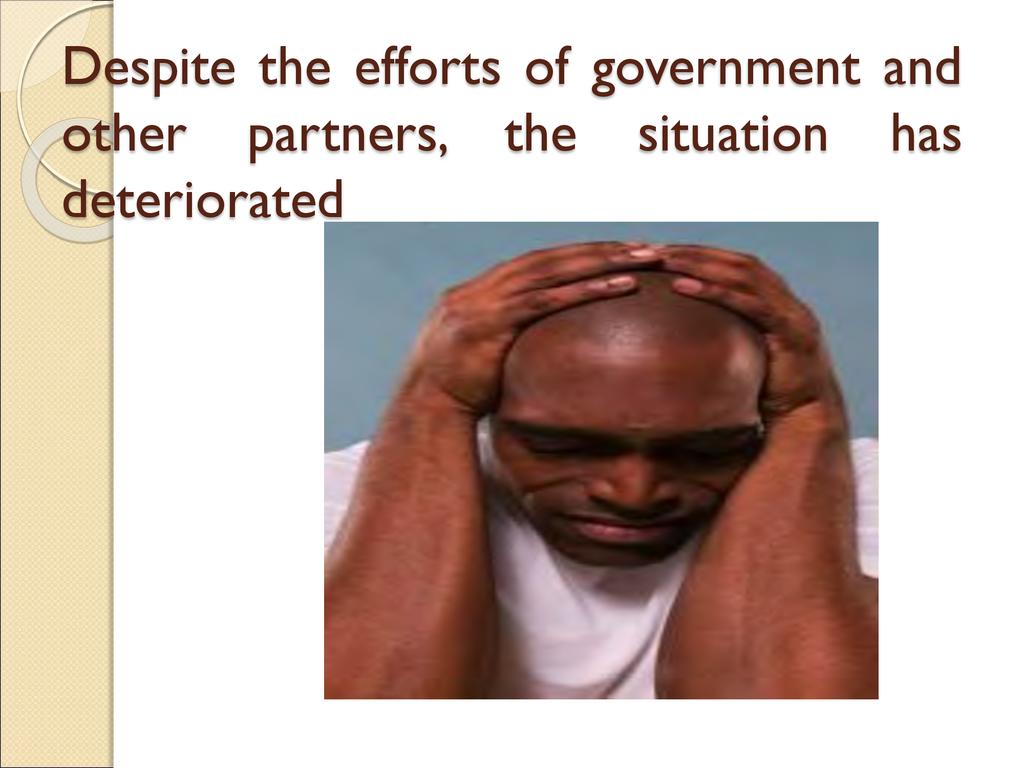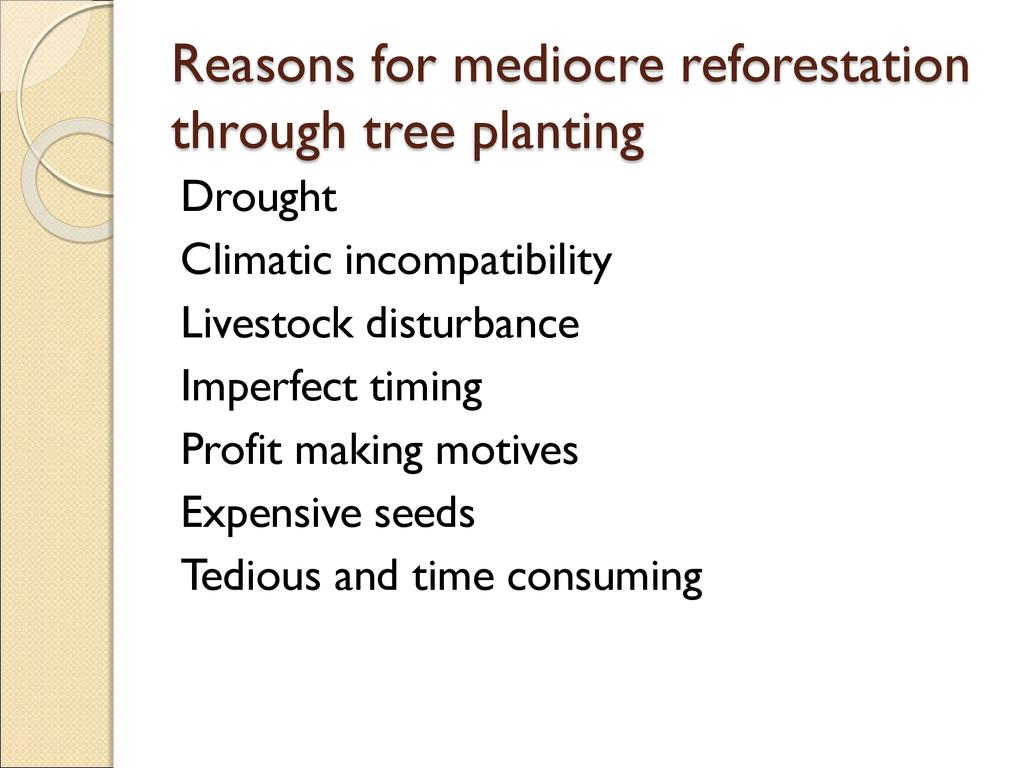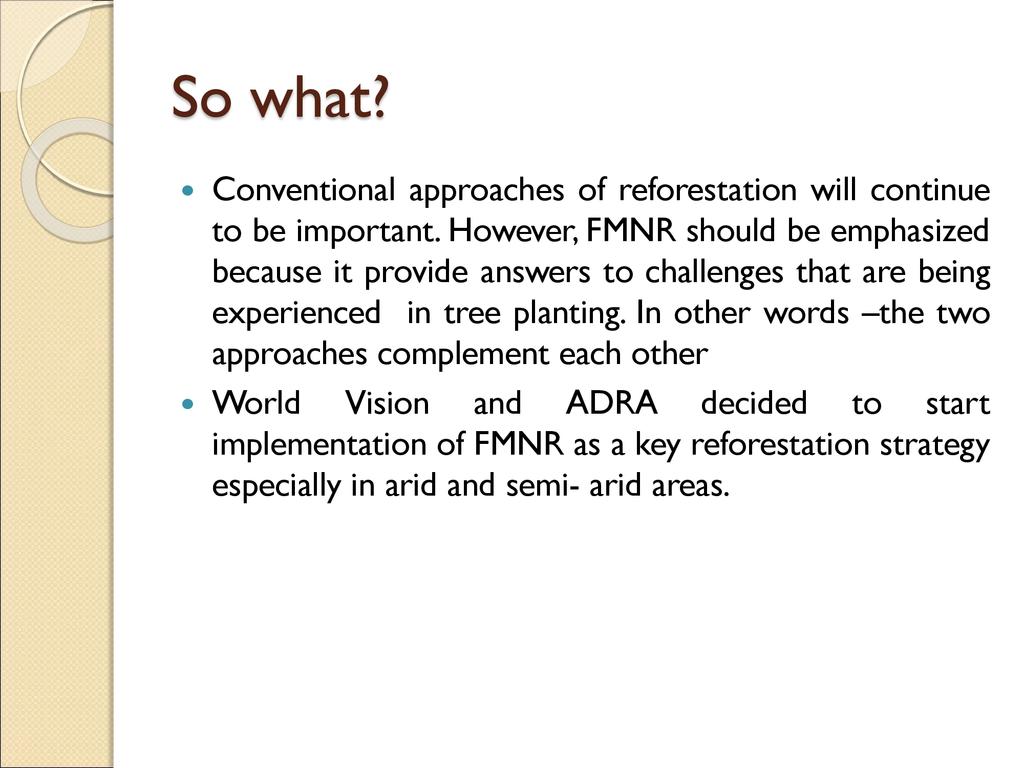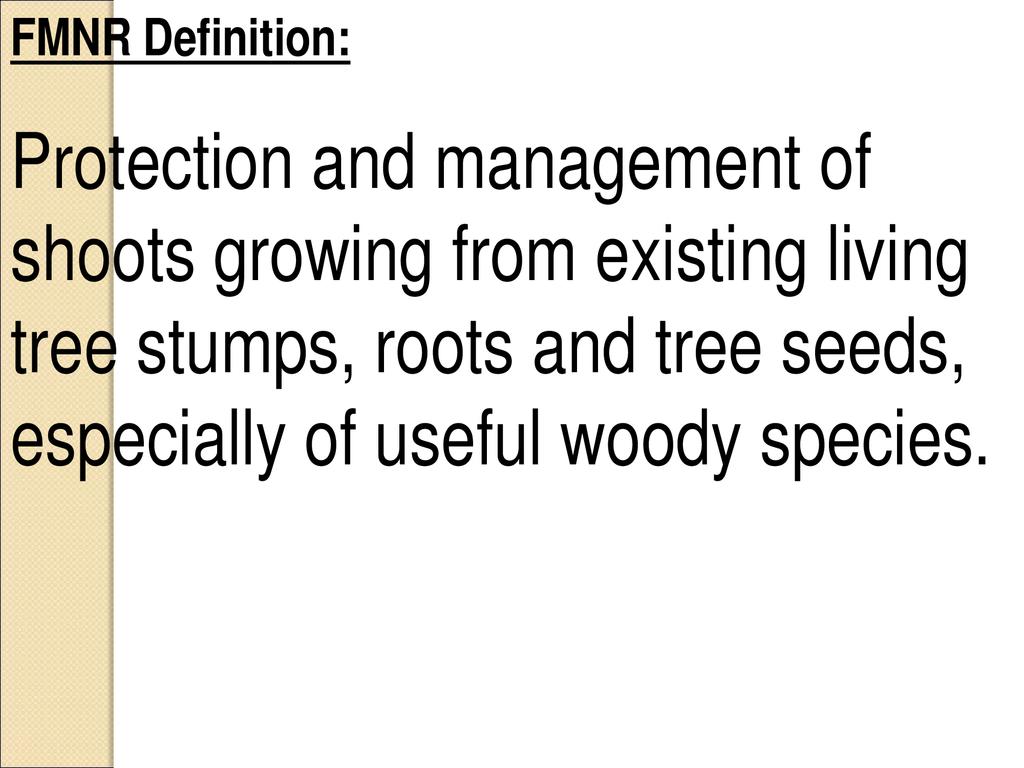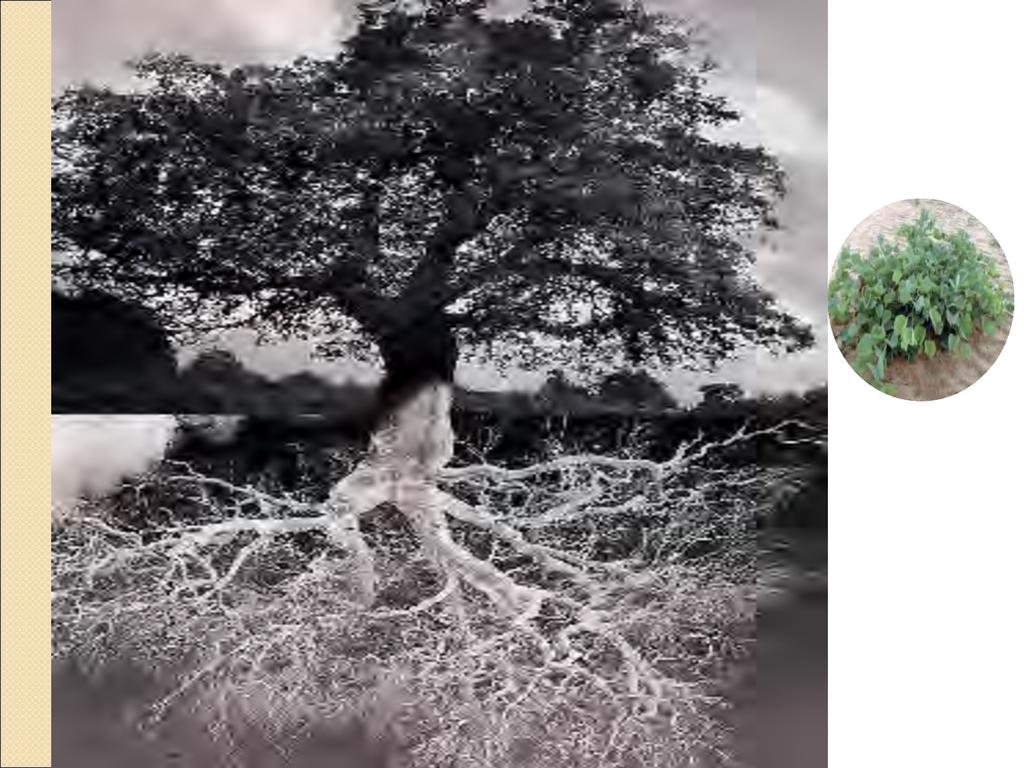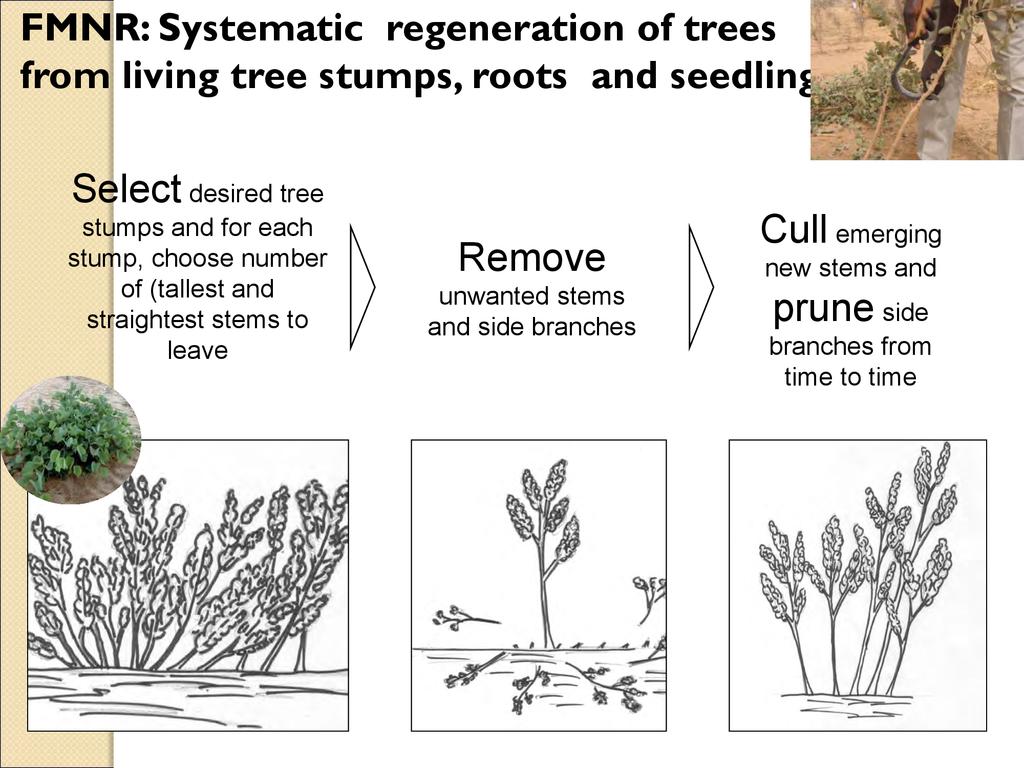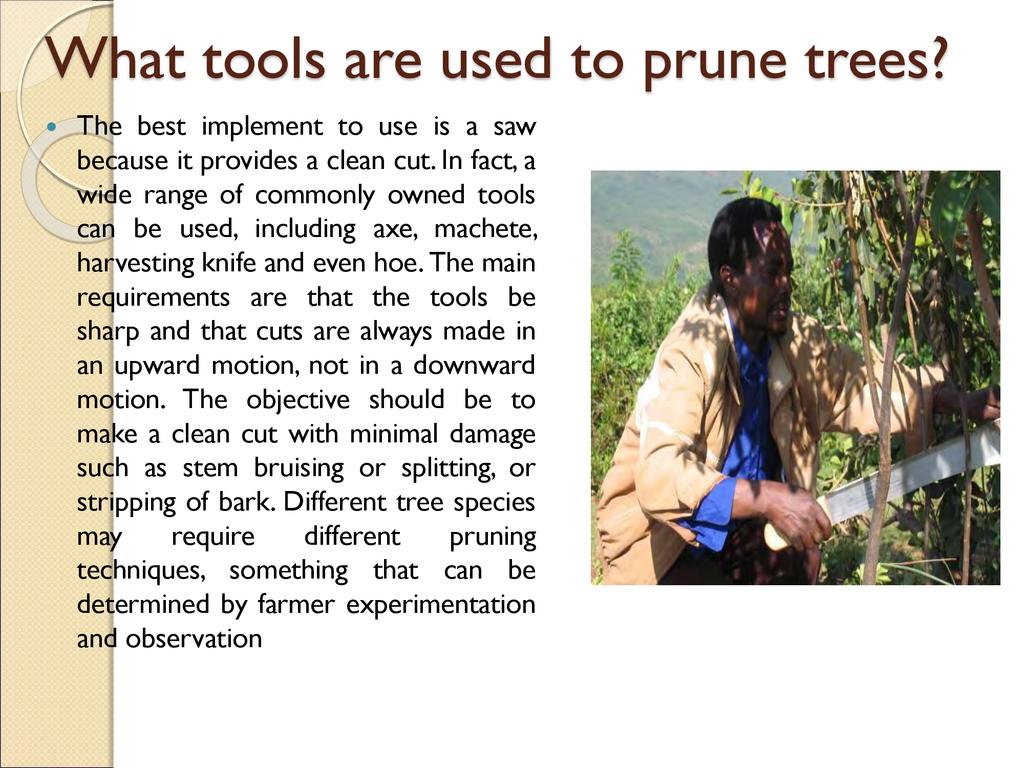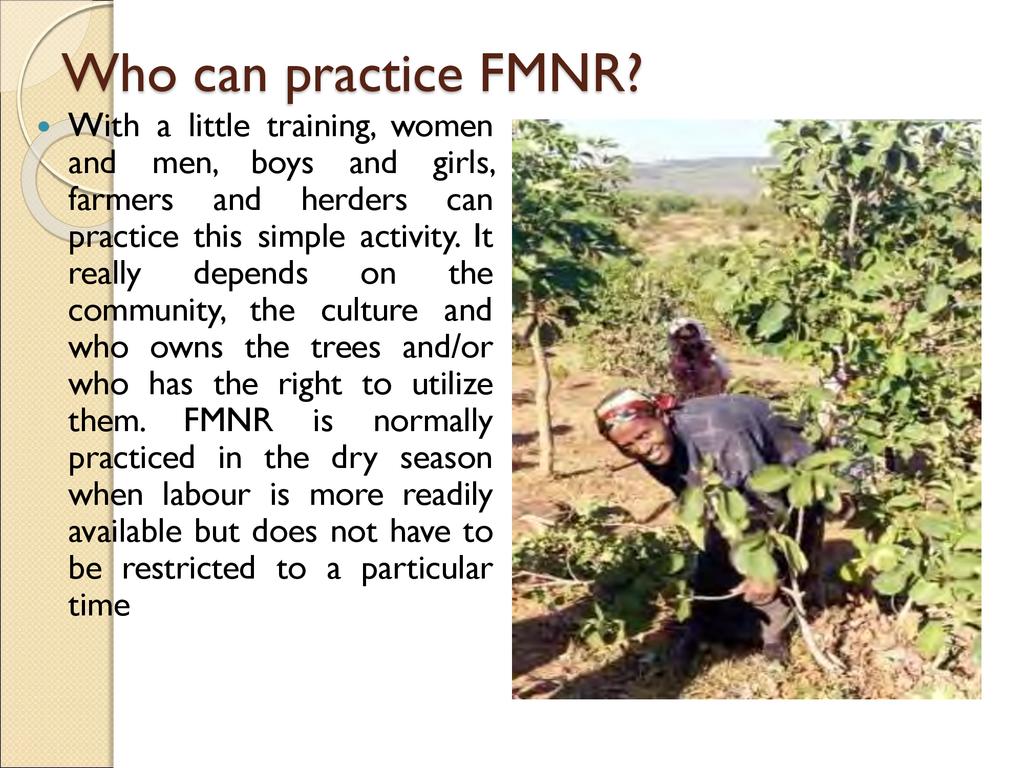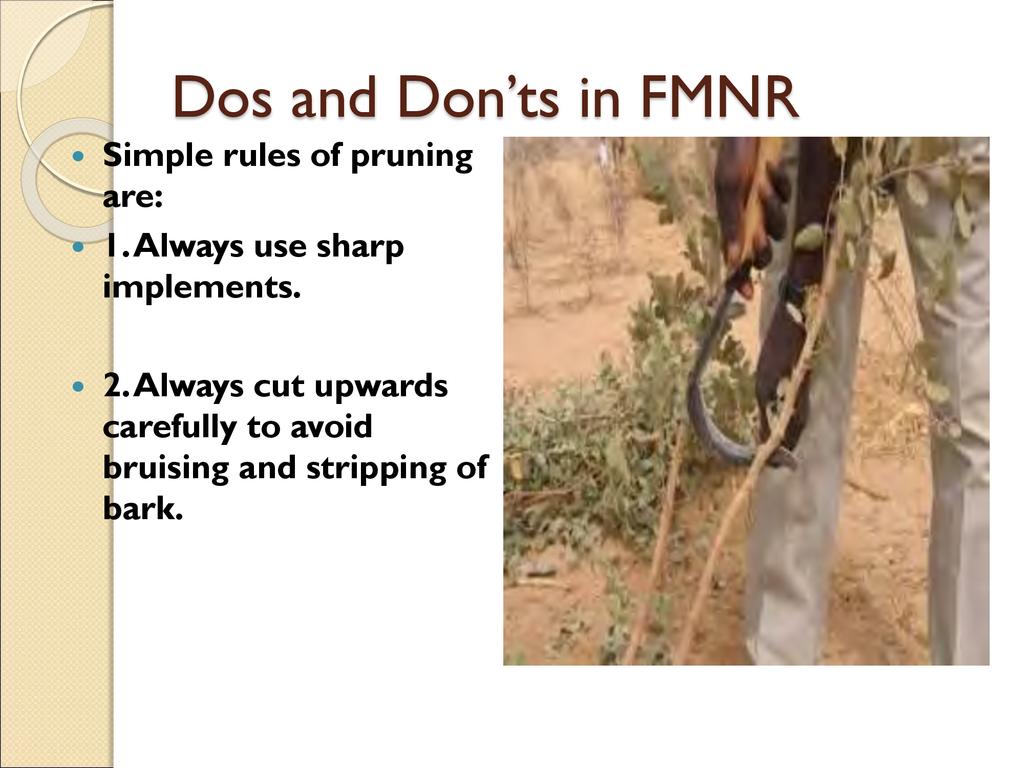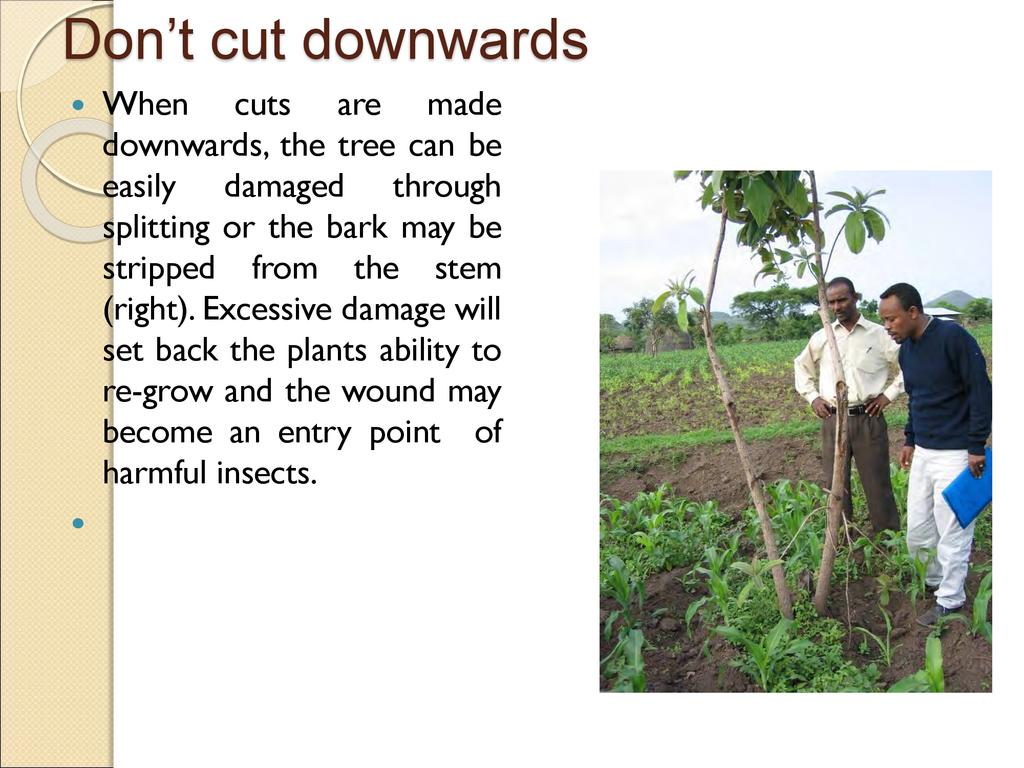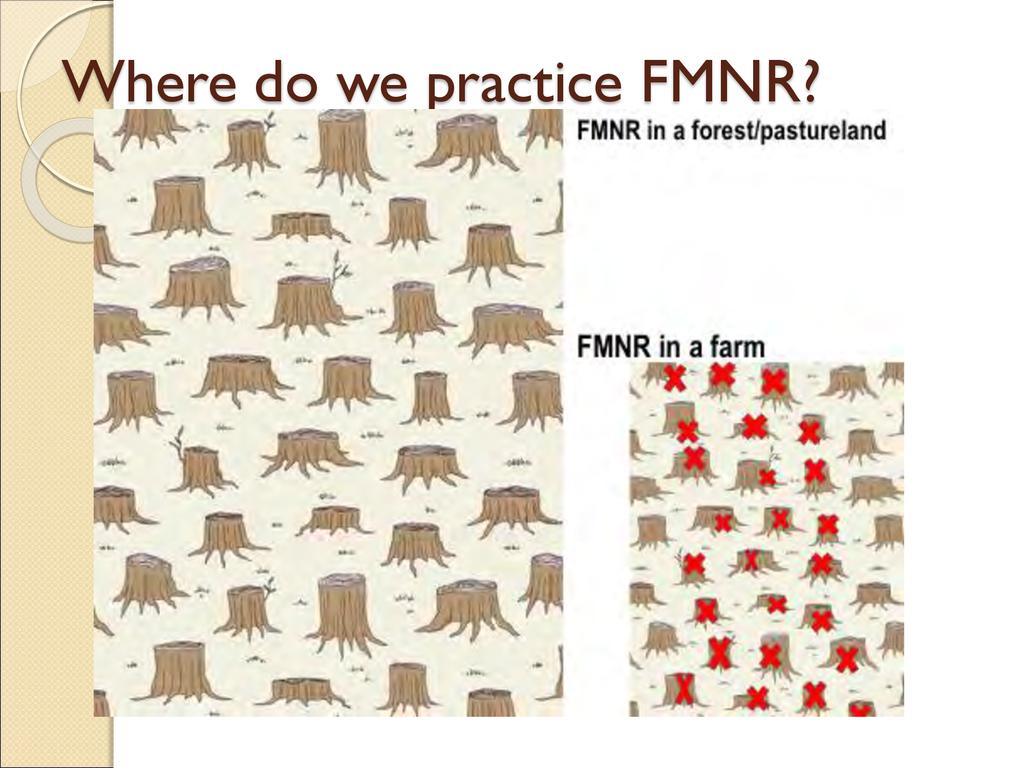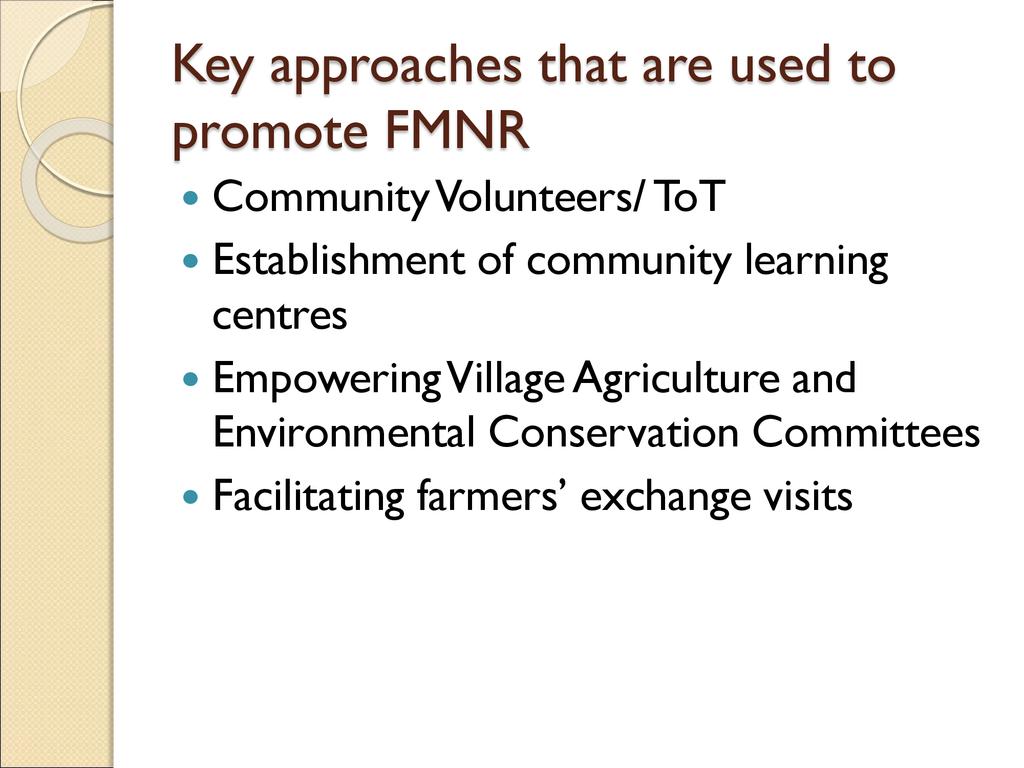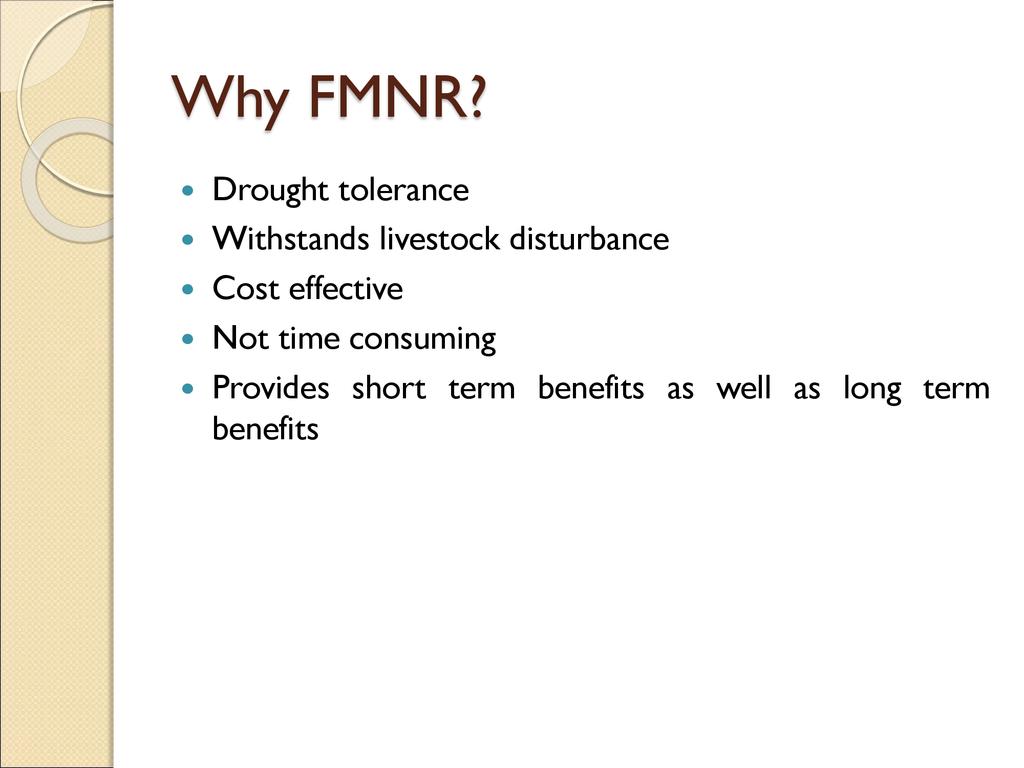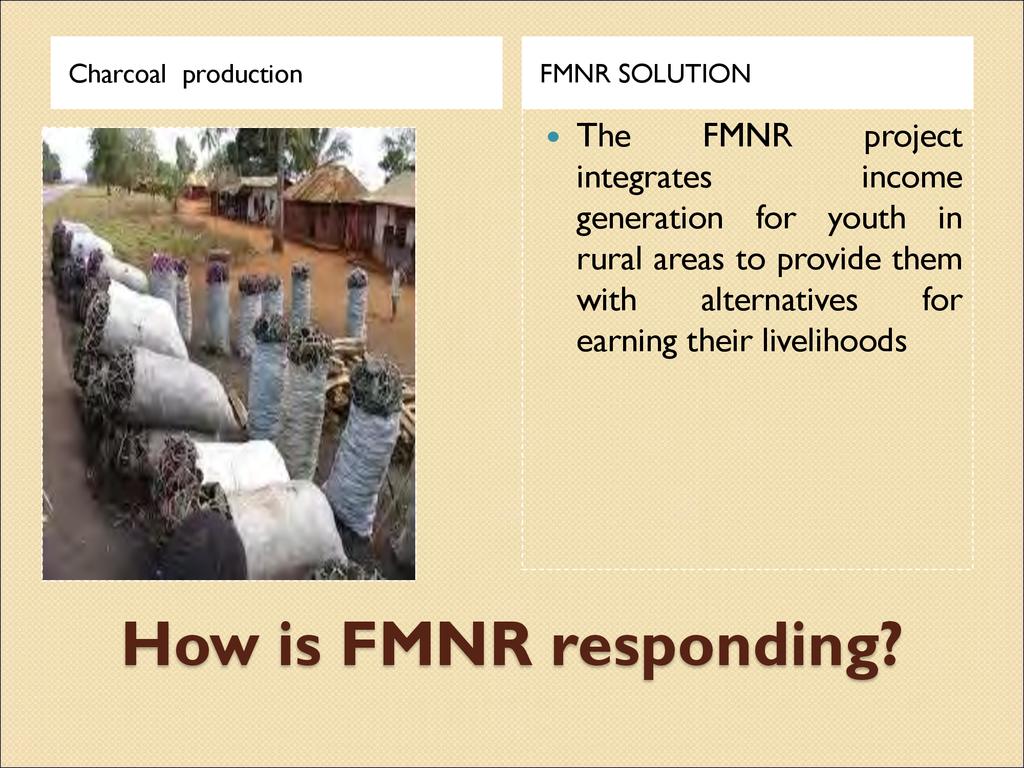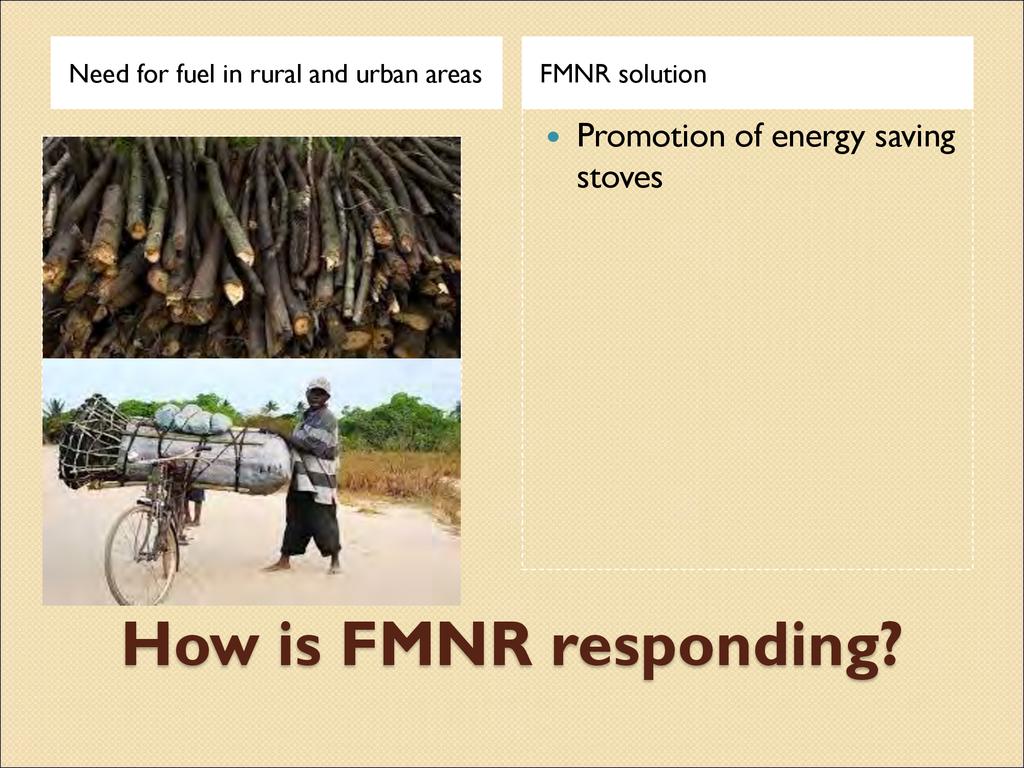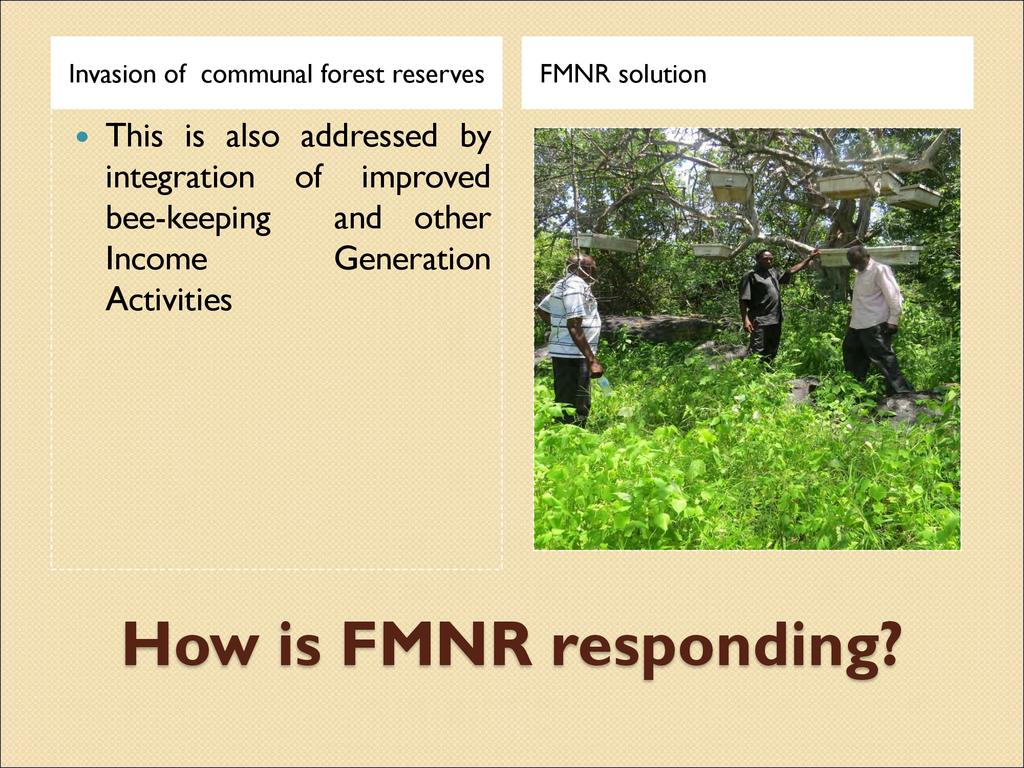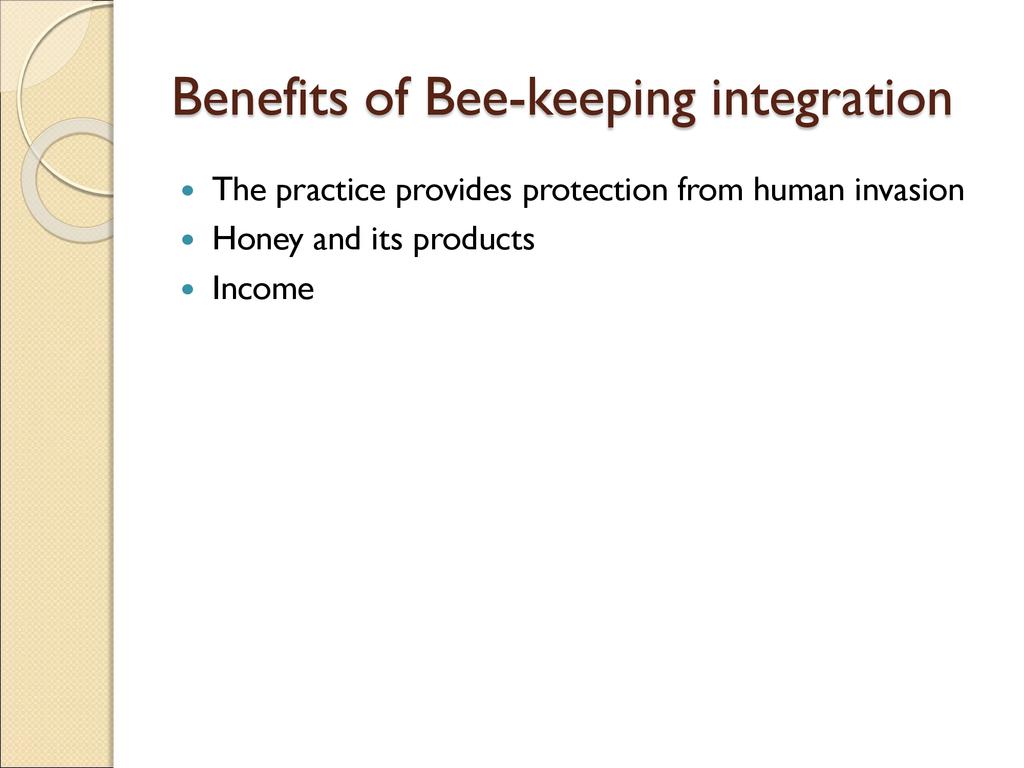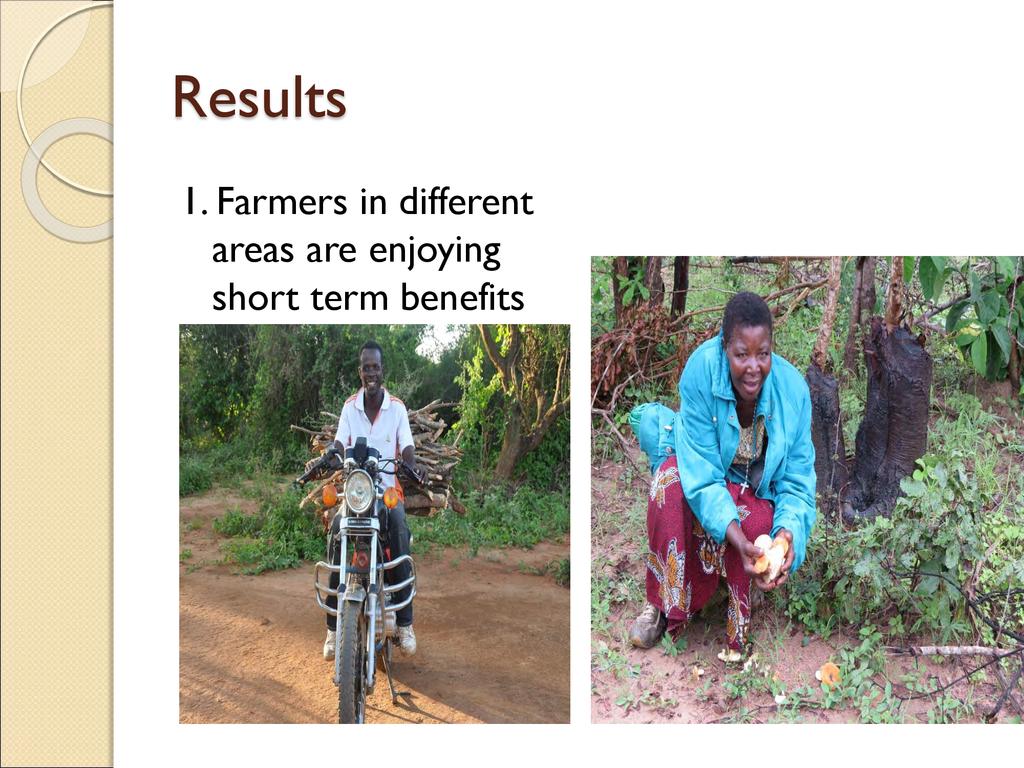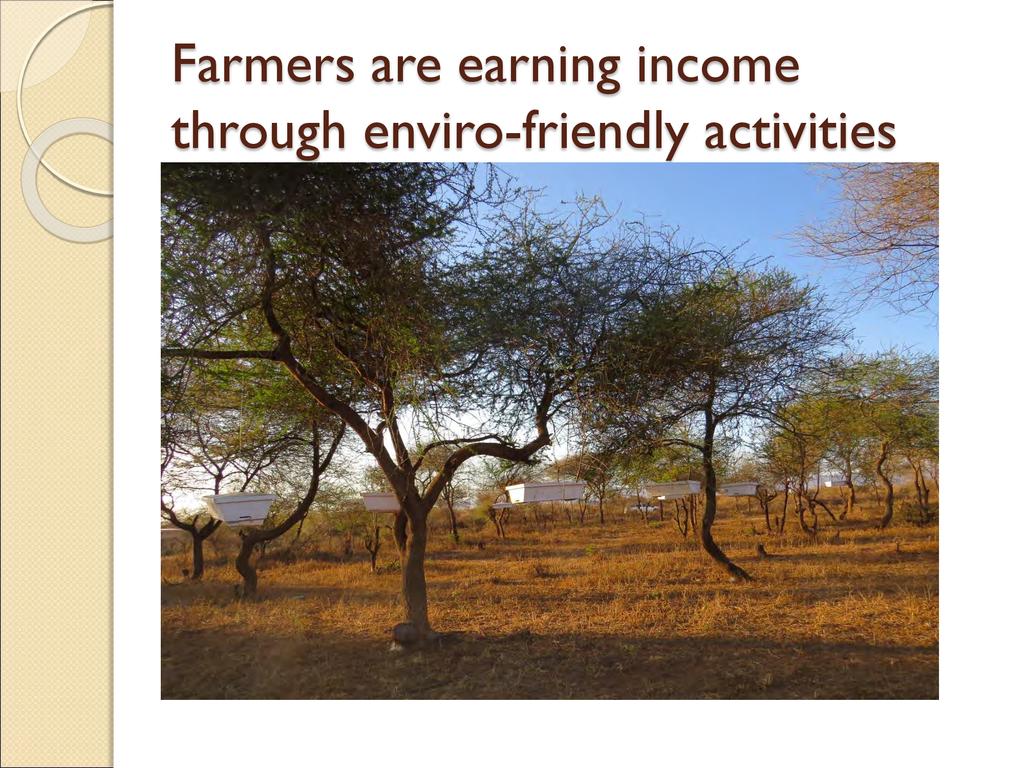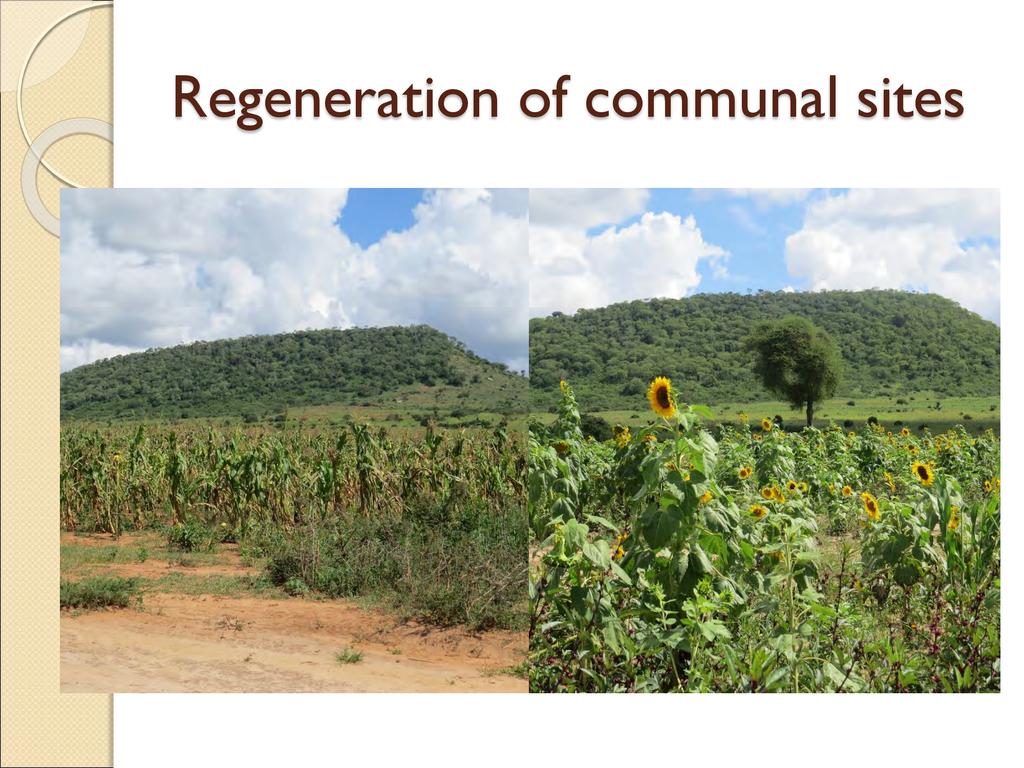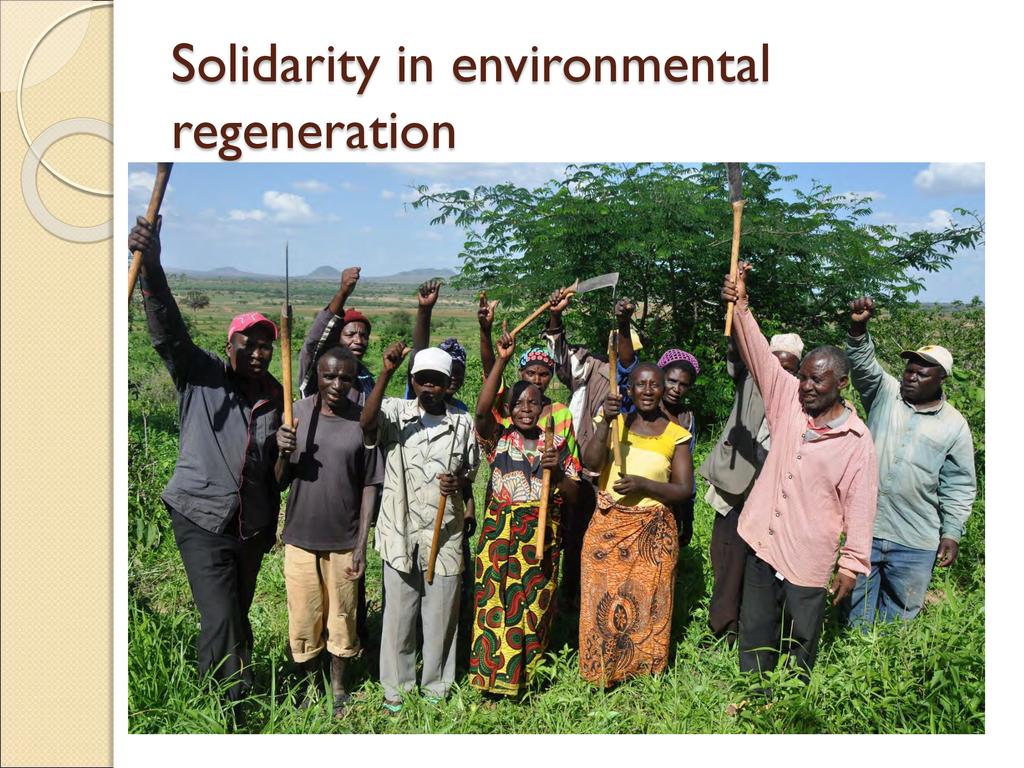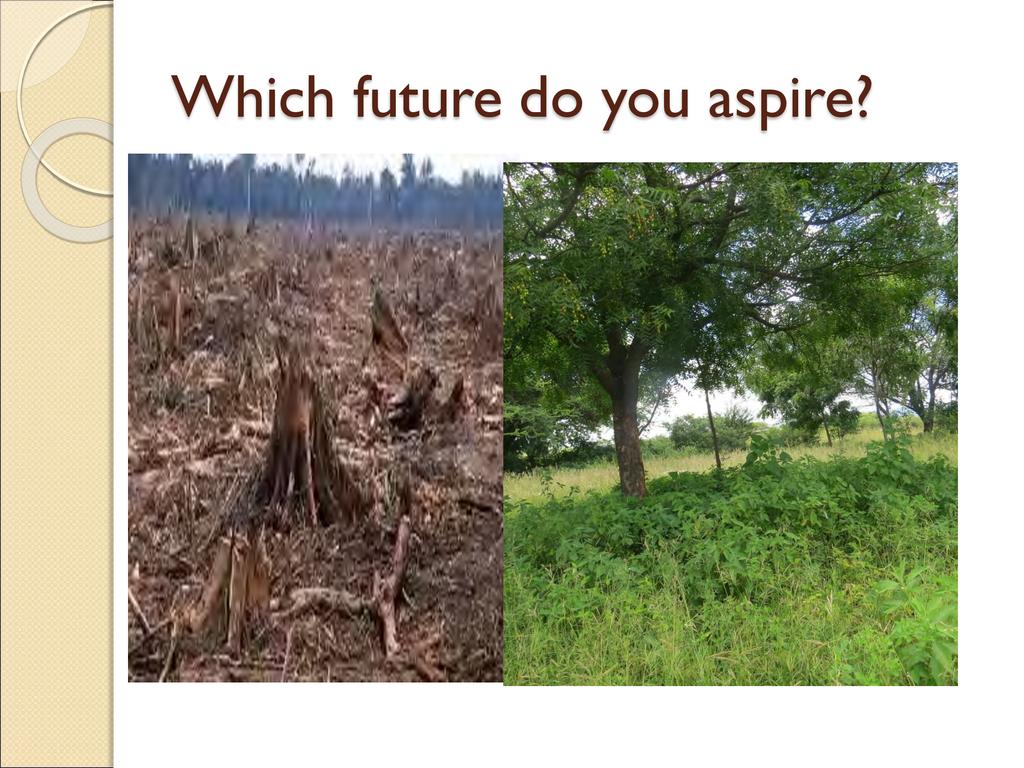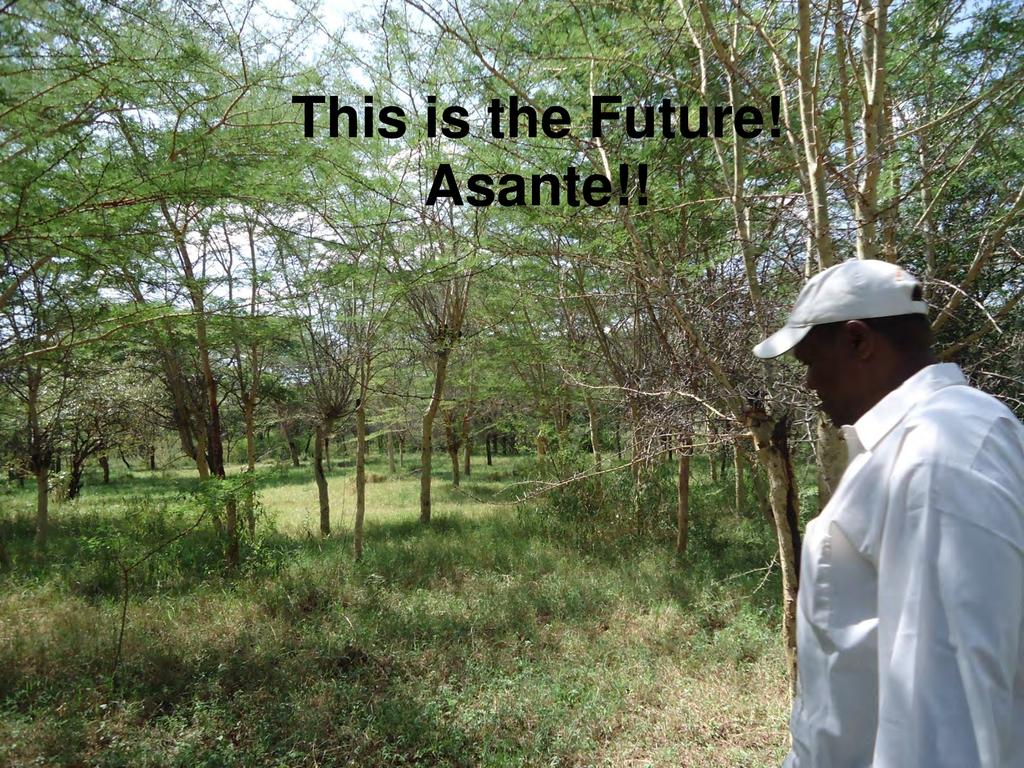Presented By: Mkama Nangu
Event: ECHO East Africa 4th Biennial Symposium on Sustainable Agriculture Best Practices (2017-02-09)
This session will demonstrate Farmer Managed Natural Regeneration (FMNR) as a low-cost, sustainable land-restoration technique used to combat poverty and hunger amongst poor subsistence farmers in developing countries by increasing food, fodder and livelihood production, while enhancing resilience to climate extremes. It involves the systematic regeneration and management of trees and shrubs from tree stumps, roots and seeds. FMNR is especially applicable, but not restricted to, the dry land tropics.
Presenters : Mkama Nangu of World Vision Tanzania is trained in agronomy, with a masters in business administration. He has worked 12 years in community development worker, and manager of various food security and relief. He now oversees as the Senior Program Officer FMNR initiatives throughout Tanzania, focusing on transforming rangelands into sustainable natural resource areas. David Ndwiga works for Adventist Development and Relief Agency in Mandera, Kenya and is a food security and livelihood expert with a degree in Agricultural Education and Extension (BSC. AGED) and a Master of Science /Advanced Degree in Agronomy, Crop Production Option. (MSc. Agronomy). He has worked in Agriculture, Food Security, Livelihood and Environment Protection sectors for 8 years. As team leader (Food Security, Livelihood and Environment Protection) in ADRA Kenya, he is also managing an FMNR project in Northern Kenya funded by CFGB. David has accumulated overwhelming experiences in community mobilization and sensitization towards rehabilitation of degrading farm/range lands using FMNR technique. The initiative has recovered and protected 100’s of acres that were at the verge of desertification thereby improving livestock production which is a key livelihood in Northern Kenya.

